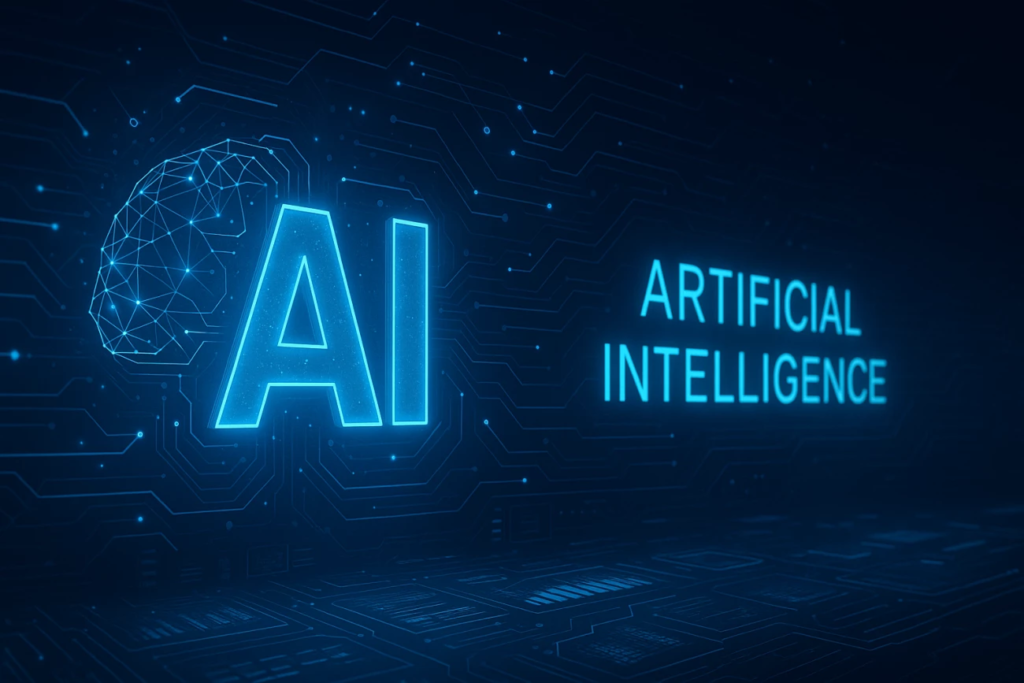The recent upheaval in the enterprise AI landscape highlights a significant shift in market dynamics, where Anthropic has unseated OpenAI as the leading provider. Fresh insights from Menlo Ventures indicate a stark reversal in market share: Anthropic has surged from 12% in 2023 to 32% today, while OpenAI has seen its share shrink from a commanding 50% to a mere 25%. This shift underscores not only the changing preferences of businesses but also how they value fundamental principles such as trust and stability in their AI investments.
Anthropic’s ascendance is particularly noteworthy in the coding domain, where it commands a significant 42% market share, compared to OpenAI’s 21%. Google’s presence is also growing, rising from 7% to 20%, indicating that companies are not only looking at direct competitors but also evaluating broader options to mitigate risk and enhance their technology stacks. The changes reflect a cautious approach among enterprises that prefer diversification to avoid reliance on a single vendor.
OpenAI’s financial health may also come under scrutiny as enterprises re-evaluate their engagements, especially regarding pricing models and return on investment (ROI). As businesses gravitate toward solutions that promise reliability and align with their operational philosophies, Anthropic has carved a niche by positioning itself as a provider of “constitutional AI.” This model emphasizes safety measures designed to foster long-term trust among stakeholders, which has become a vital criterion for decision-makers in today’s business climate.
The rapid transformation of enterprise AI is framed by key considerations related to strengths and weaknesses of the platforms involved. For instance, while OpenAI has historically been recognized for its powerful generative models, its recent struggles suggest that capability alone is insufficient. Businesses demand platforms that offer an integrated approach to AI, combining performance with rigorous safeguards against failures or unexpected outcomes. When evaluating platforms like Make and Zapier—two tools that serve automation needs—one recognizes differences in approach to integration and user flexibility. Make excels in visual automation and complex workflows, while Zapier is more about straightforward setup and rapid deployment. Each platform offers distinct advantages that cater to different business requirements, yet the right choice depends on specific task complexity and user expertise.
Furthermore, one of the emerging challenges for enterprise leaders is the consistent need for scalability. As companies grow and evolve, their tools must dynamically adapt to changing needs. In this regard, Anthropic’s platform appears to facilitate a more robust scaling capability, which could be advantageous for companies anticipating rapid growth or shifts in demand. OpenAI must also enhance its offerings to create a more comprehensive roadmap for scalability before it can stabilize its market position. The cost dynamics are vital as well; leaders must assess the total cost of ownership, considering not just initial investment, but also ongoing maintenance, support costs, and potential downstream risks associated with deploying AI broadly across organizational processes.
In the realm of AI implementations, ROI remains paramount. Enterprises need data-driven justification for their investments, encompassing performance metrics that matter to their bottom line. According to the latest reports, companies adopting Anthropic’s solutions are seeing measurable improvements in productivity, employee engagement, and customer satisfaction. In contrast, some businesses have reported stagnation or diminished returns when relying solely on OpenAI’s offerings. Effective performance evaluation must incorporate user feedback alongside traditional performance metrics to gain a comprehensive understanding of a tool’s capabilities.
It is essential for SMB leaders and automation specialists to critically analyze these factors when making investment decisions in AI and automation technologies. Reliability, safety measures, costs, and adaptability must all be woven into the fabric of their strategy. Future considerations will likely include a deeper dive into both the ethical implications of AI choices and the broader implications these have on organizational culture and stakeholder trust.
FlowMind AI Insight: The competitive landscape of enterprise AI is rapidly evolving, and companies that prioritize comprehensive evaluations of potential platforms are positioned to reap substantial benefits. Strategic investments in trusted solutions that encompass both performance and stability can unlock significant efficiencies and resilience in a fluctuating market.
Original article: Read here
2025-09-19 13:24:00

